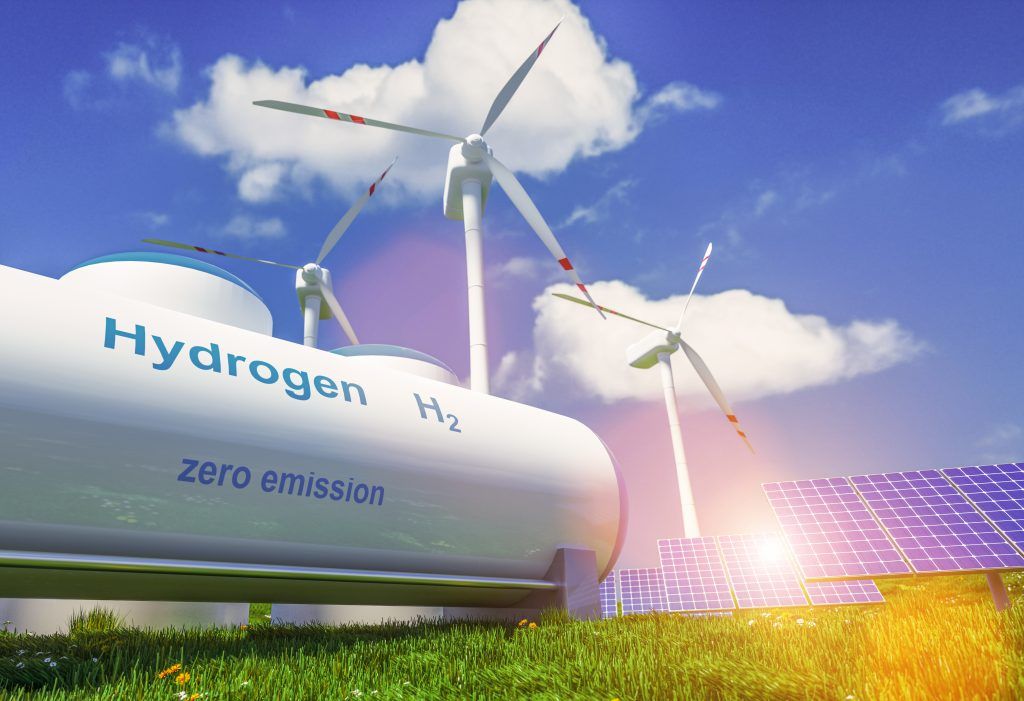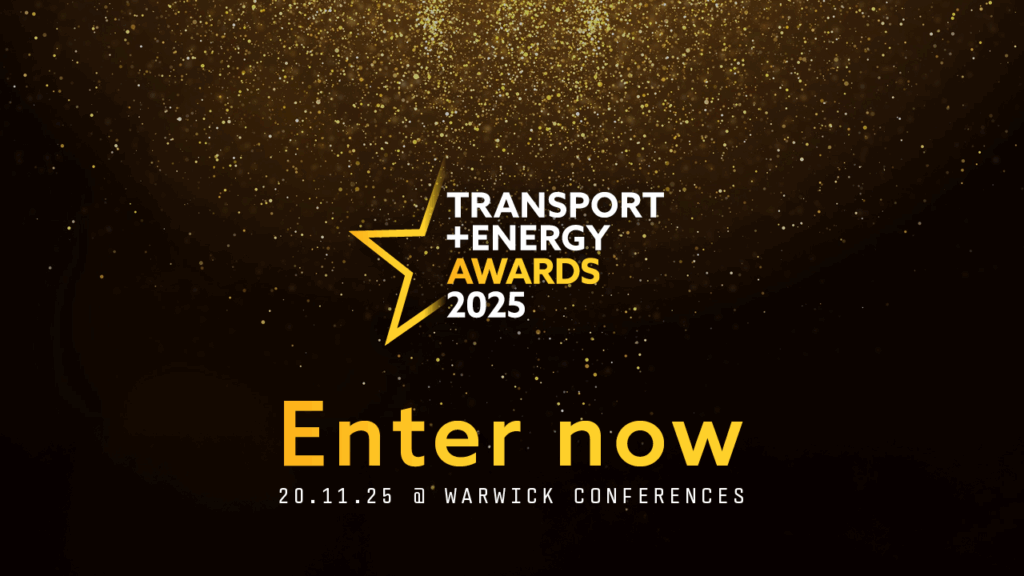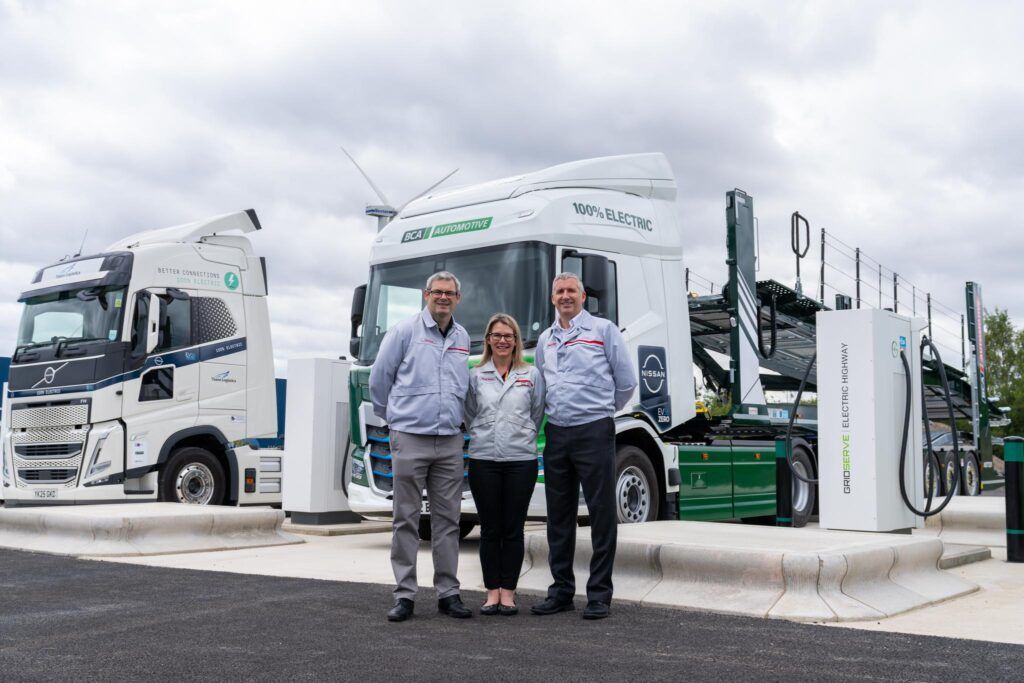Hydrogen technologies will play an essential role in reaching the 2050 net zero targets by decarbonising hard-to-abate sectors, a new study claims.
The study, which looked across the EU, showed how addressing gaps left by other decarbonisation solutions, such as efficiency and electrification and supporting renewable integration, would be critical.
The study, undertaken by research project Hydrogen4EU, found total demand in 2030 could increase up to three times higher than the EU’s Hydrogen Strategy projections.
The study looks at two policy scenarios charting pathways for hydrogen to contribute to the EU’s goal of net zero emissions by 2050, based on actual European targets and transparent modelling frameworks.
It looks at the technology mix, the cost of the transition, and risks associated with various policy choices. It finds that the contribution of hydrogen to decarbonising the EU’s energy system can well exceed EU projections, with demand exceeding 100 million tonnes of H2 by 2050.
Low-carbon hydrogen plays an essential role in supporting the deployment of renewable hydrogen and integration of higher volumes of renewable energy. In both scenarios, renewable hydrogen scales up rapidly after 2030, however a more competitive technology mix enables a lower-cost and more effective pathway to net zero.
It found:
- More than half of total gross final energy was non-electrified by 2050
- Hydrogen can help transport, steel and chemical industries with high energy demand
- Low carbon hydrogen and natural gas and CCS remain essential.
Johannes Trüby, Director for Energy and Regulation at Deloitte Economic Advisory, said: “As the EU takes the first legislative steps to put its 2050 goals into action, the study shows that the contribution of hydrogen to full decarbonisation could go far beyond what the EU Hydrogen Strategy suggests.
“Based on a comprehensive analysis of the European energy system, our models have shown that hydrogen will be essential for steel, chemicals and heavy-duty transportation, and that a mix of renewable and low-carbon hydrogen is best placed to deliver on the Climate Law’s net zero target.”
Image from Shutterstock















